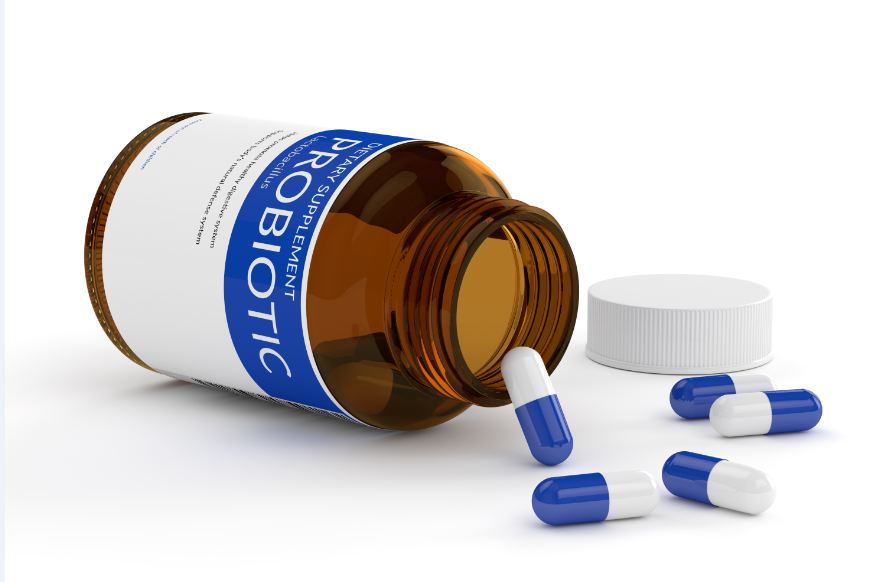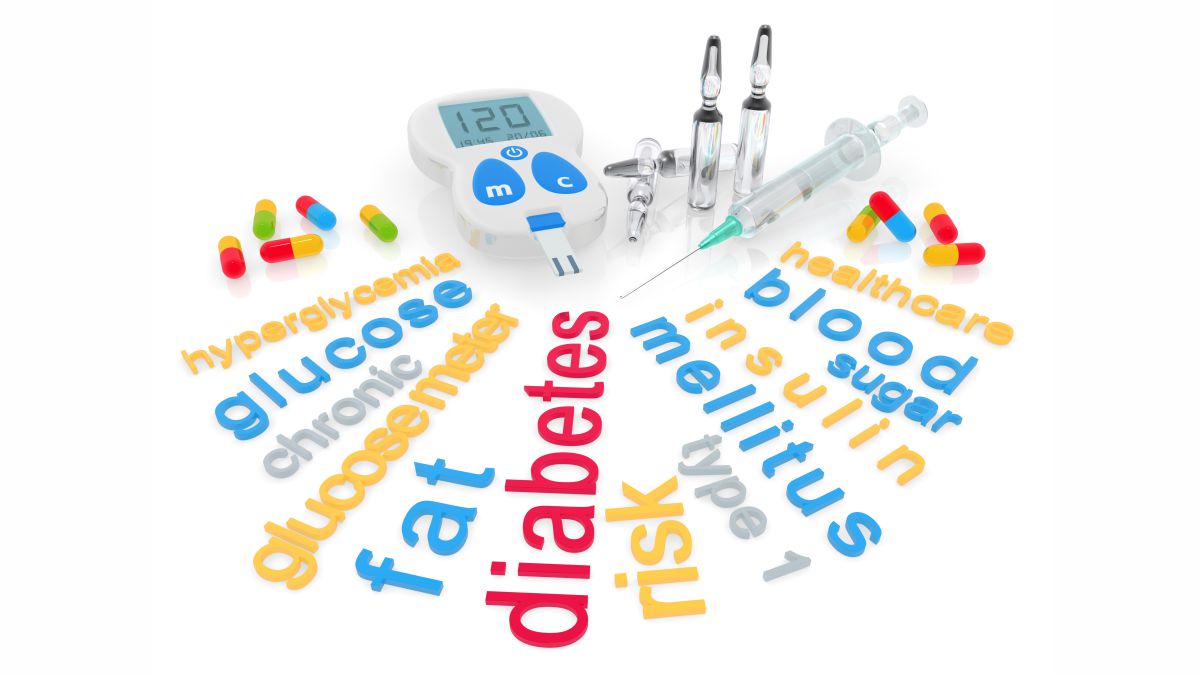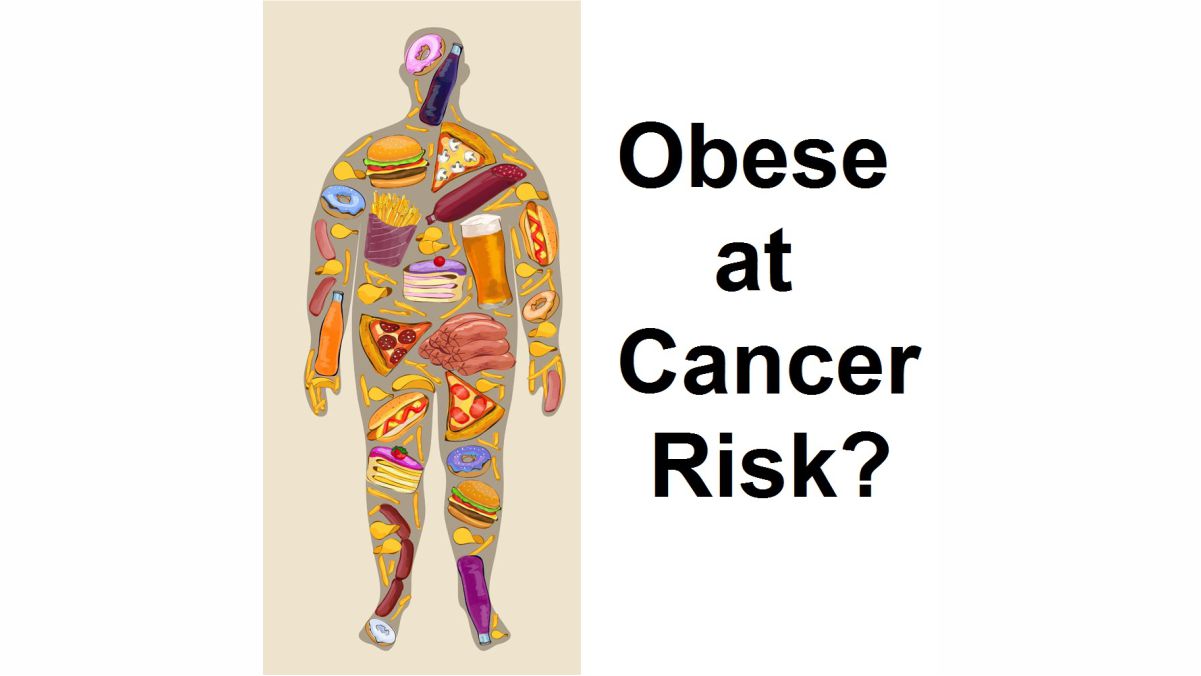
Gut:
Gut or the gastrointestinal tract is a part of digestive system which takes food inside, digests it to extract energy and nutrients, and expels the remaining waste. Gut has a significant influence on major functions of our body.
Why is Gut microbiota so important?
Gut microbiota is a complex ecosystem which comprises of around 100 trillion bacteria.1 Thecomposition and function of gut microbiota varies with location, age, gender, race, and diet. Some bacteria in this ecosystem are beneficial and therefore called ‘good bacteria’, while the harmful ones are called ‘bad bacteria’.
PREBIOTICS AND PROBIOTICS: Importance in gut health-
Probiotic and Prebiotic are the latest nutrition buzz words. It is not just a shuffling of vowels from ‘e’ to ‘o’, they are actually different and perform important roles. If we consider probiotics as seeds and gut as the soil then prebiotics are the fertilizers which would enhance this entire symbiotic process.2 They both improve our health by increasing number of beneficial bacteria in the gut thereby preventing the invasion of harmful bacteria.
Prebiotics are a class of plant fiber which is non-digestible for humans but serve as a nesting ground for probiotic bacteria.
Dietary sources of prebiotics
- Green leafy vegetables and raw vegetables (garlic, onion, leeks, and chives)
- Whole-grain and sprouted-grain breads, soyabeans, legumes and oats
- Avocado and bananas
- Apple cider vinegar (organic)
Probiotics are live microorganisms which can be consumed to increase the population of good bacteria in our gut microbiota. Most common probiotics contain strains of lactobacilli and bifidobacteria.
Dietary sources of probiotics:
- Yogurt
- Probiotic supplements
We conclude with famous saying, “A strong gut feeling comes from a healthy gut.”










